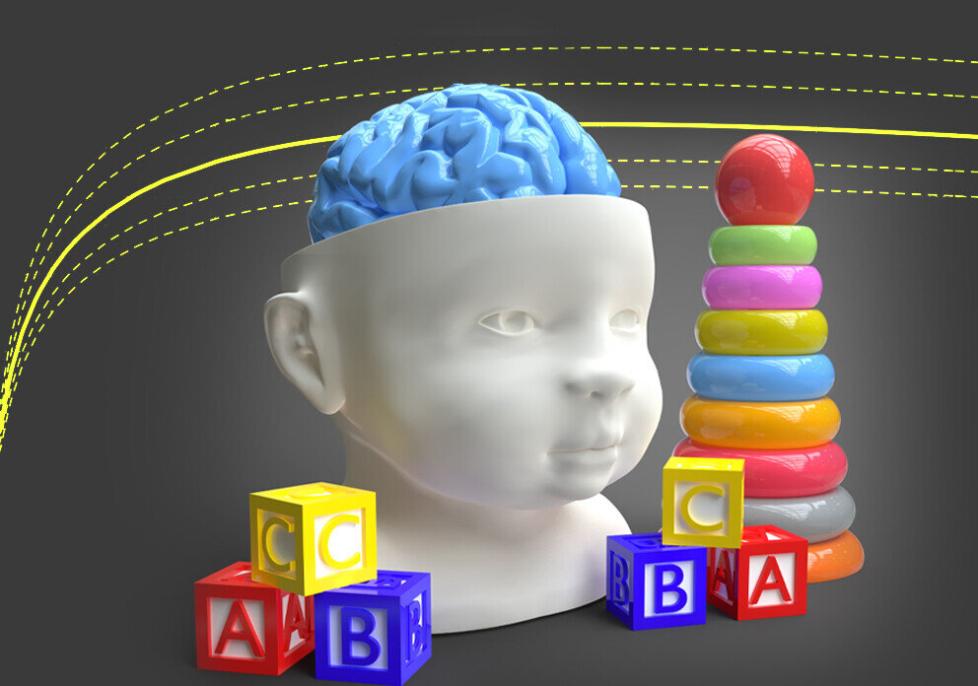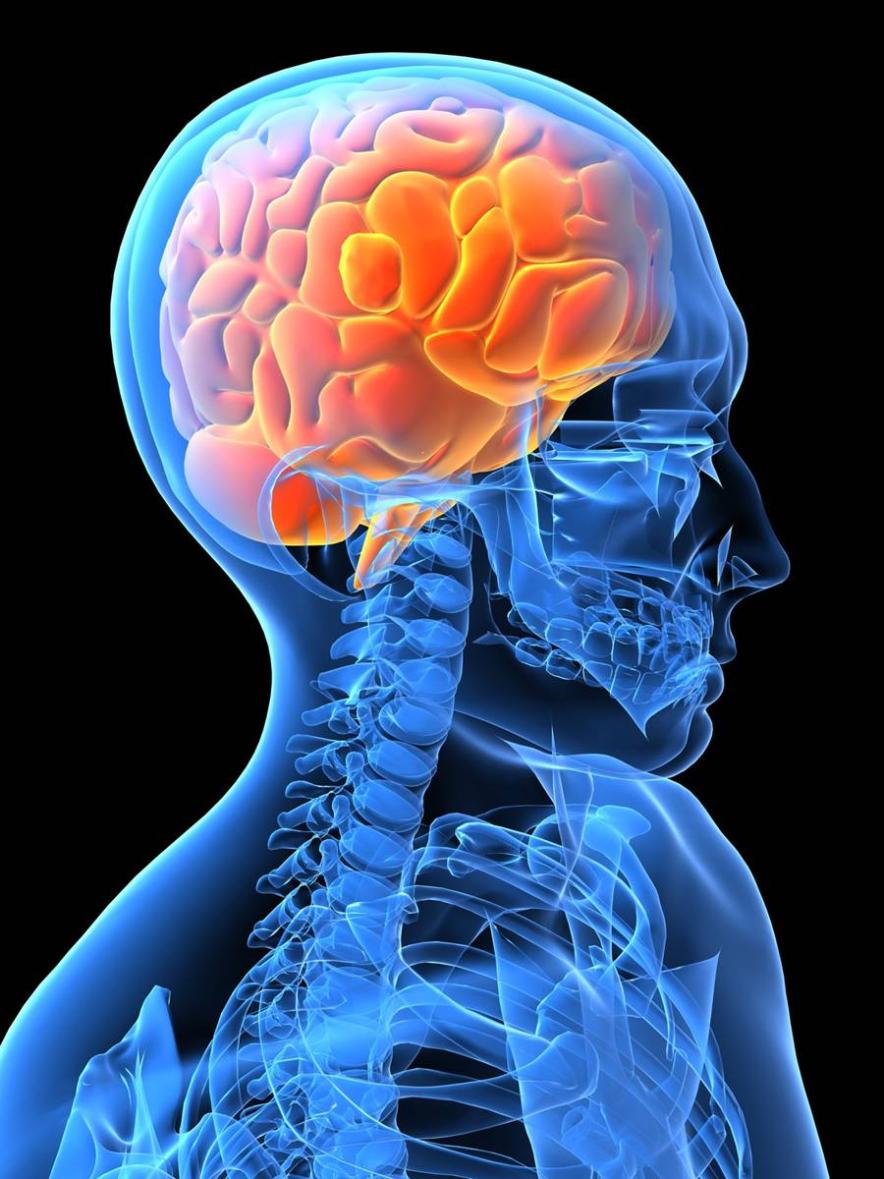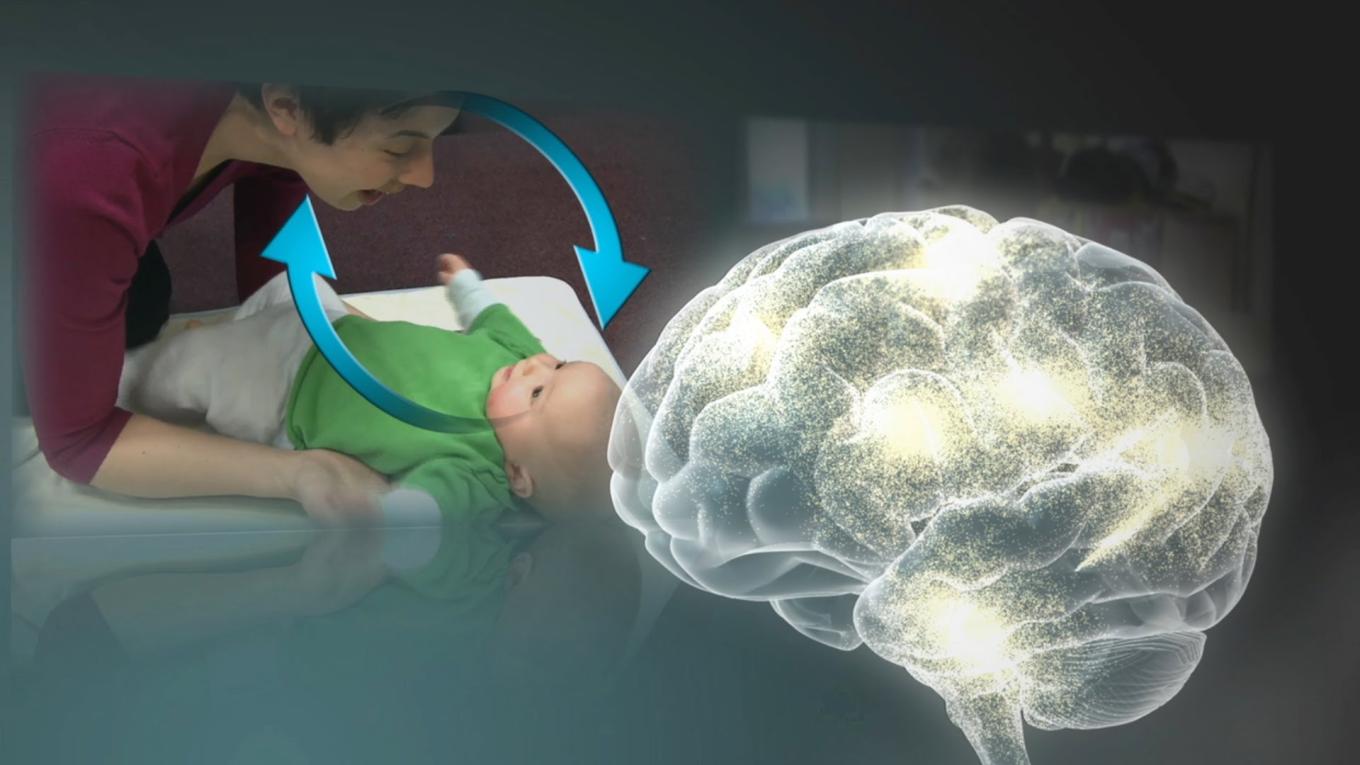What Are the Ethical Implications of Brain Research and How Can We Ensure Responsible Use?
Brain research holds immense promise for advancing our understanding of the human mind, treating neurological disorders, and enhancing human capabilities. However, this rapidly evolving field also raises a multitude of ethical concerns that demand careful consideration and responsible action.

Ethical Implications Of Brain Research
Privacy And Autonomy
One of the primary ethical concerns surrounding brain research is the protection of privacy and autonomy. Brain scans and other neuroimaging techniques can reveal highly personal and sensitive information about an individual's thoughts, emotions, and memories. Unauthorized access to this data could lead to discrimination, manipulation, or even coercion.
- Concerns about unauthorized access to brain data
- Potential for manipulation and control
- Importance of informed consent
Identity And Personhood
Brain research also raises profound questions about the nature of self and consciousness. If our thoughts, feelings, and memories are determined by brain activity, what does it mean to be a person? These questions have implications for our legal and moral status, as well as for our understanding of what makes us unique as individuals.
- Questions about the nature of self and consciousness
- Implications for legal and moral status
- Potential for discrimination based on brain characteristics
Enhancement And Modification
Another ethical concern is the potential for brain enhancement technologies to create a "designer" class of individuals with superior cognitive abilities or other desirable traits. This could exacerbate existing social inequalities and undermine the principles of equality and fairness.
- Ethical issues surrounding brain enhancement technologies
- Concerns about creating a "designer" class
- Balancing individual autonomy with societal values
Access And Equity

Brain research also raises concerns about unequal access to its benefits. Advanced brain imaging technologies and treatments may be prohibitively expensive for many individuals, leading to a digital divide in healthcare and further marginalizing vulnerable populations.
- Concerns about unequal access to brain research benefits
- Potential for exacerbating existing social inequalities
- Importance of ensuring equitable distribution of resources
Ensuring Responsible Use Of Brain Research
Regulatory Frameworks
To address the ethical challenges posed by brain research, clear and comprehensive regulations are needed. These regulations should balance the need for innovation with ethical considerations and ensure that brain research is conducted in a responsible and ethical manner.
- Need for clear and comprehensive regulations
- Balancing innovation with ethical considerations
- Role of international cooperation
Public Engagement And Education

Raising public awareness about brain research and its ethical implications is crucial for promoting informed decision-making and ensuring that the public has a voice in shaping the future of this field. Dialogue between researchers, policymakers, and the public is essential for developing policies that reflect societal values and concerns.
- Importance of raising public awareness about brain research
- Promoting informed decision-making
- Encouraging dialogue between researchers, policymakers, and the public
Ethical Guidelines And Standards
The development of ethical guidelines and standards for brain research is essential for ensuring responsible and ethical practices. These guidelines should address issues such as data collection, storage, and use, as well as the ethical implications of brain enhancement technologies and the protection of vulnerable populations.
- Development of ethical guidelines for brain research
- Establishing standards for data collection, storage, and use
- Ensuring accountability and transparency
International Collaboration
Addressing the ethical challenges of brain research requires international cooperation and collaboration. Sharing of best practices, lessons learned, and ethical standards can help ensure that brain research is conducted in a responsible and ethical manner worldwide.
- Need for international cooperation to address ethical challenges
- Sharing of best practices and lessons learned
- Promoting global consensus on ethical standards
Brain research holds immense promise for advancing our understanding of the human mind and improving human health. However, it also raises a multitude of ethical concerns that demand careful consideration and responsible action. By implementing comprehensive regulations, promoting public engagement and education, developing ethical guidelines and standards, and fostering international collaboration, we can ensure that brain research is conducted in a responsible and ethical manner, benefiting humanity while respecting individual rights and societal values.
YesNo

Leave a Reply